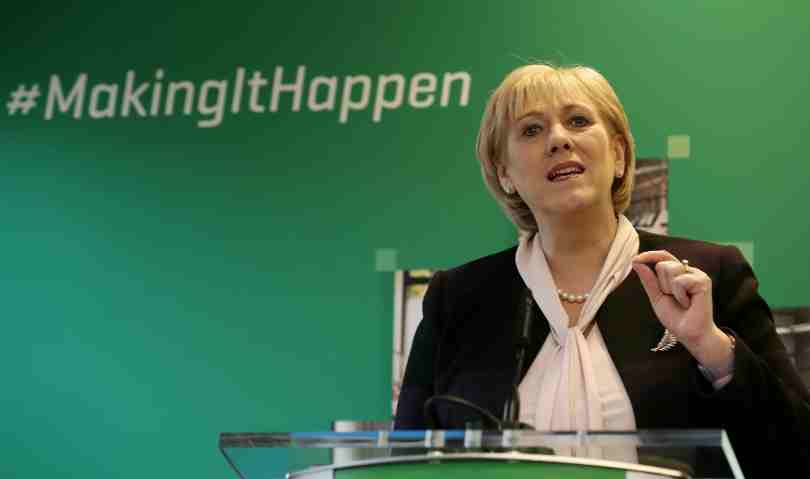€100m is on offer from the government to businesses, universities and research centres that want to commercialise disruptive technologies and applications between now and 2022.
The cash comes in the second wave of the €500m Disruptive Technologies Innovation Fund, which runs up to 2027. The fund is available to applicants requesting funding of €1.5 million or more for projects of up to three years duration. Enterprise partners must provide matched funding. This second call will be administered by Enterprise Ireland and details are available here.
The deadline for applications is September 18. Apart from companies, research facilities are an integral part of the DTIF, which aims to drive collaboration between Ireland’s research base and industry, as well as to facilitate enterprises in competing directly for funding in support of the development and adoption of disruptive technologies.
Disruptive technologies means technologies that have the potential to significantly alter markets and their functioning, and significantly alter the way that businesses operate. While they may involve new products or processes, they can also involve the emergence of new business models.
Applicant projects must align with Ireland’s research priority areas. These themes include Robotics, Artificial Intelligence, Augmented and Virtual Reality, Health and Wellbeing, Advanced and Smart Manufacturing, and Smart and Sustainable Food Production and Processing.
Under Call 2, applications must include a minimum of three partners in the consortium, with at least one SME and one other enterprise partner.
To be eligible, applicants must be a client or potential client of Enterprise Ireland, IDA Ireland or Údarás na Gaeltachta or an eligible research performing organisation (RPO).
Business minister Heather Humphreys (pictured) commented: “Technological change is already impacting several sectors, such as manufacturing, finance, retail and transport. The DTIF is a key part of our efforts to prepare now for tomorrow’s world. The successful projects will be rooted in collaboration between industry and academia, with a clear focus on commercialisation.”








